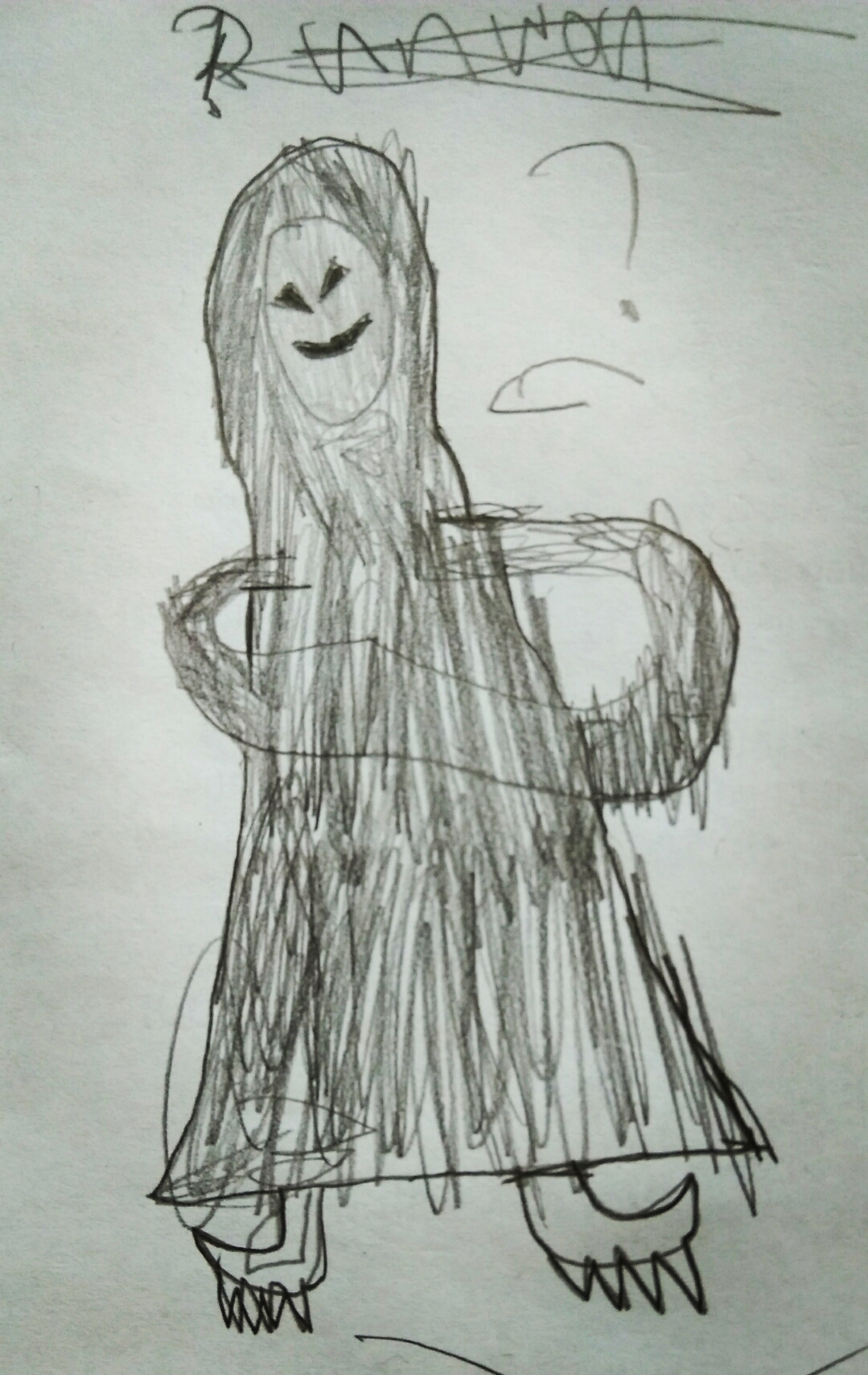Way back when, the Gauntlet played through Legacy and gave some really thoughtful feedback on what didn’t work for them. I’ve been thinking on it on and off ever since – particularly that the game tended to create solo scenes when there wasn’t any reason for characters from different families to work together. One solution I’m trying for this is to make it much easier for players to jump into these scenes as minor characters from the active player’s family, with a stripped down playbook and only a few options. I’d be grateful if you folks could take a look and see what you think – I’d also be interested to hear if any other pbta game has tried something similar!
Originally shared by Jay Iles
Hello Legacy fans! Douglas Santana and I are hard at work on the revised edition of Legacy. One of the major changes so far is the addition of Quick Characters. See the attached playbook and description below, and let me know what you think!
Sometimes you’ll want to play out a particular character’s actions in detail, but the fiction makes it implausible for the other major characters to be involved. Other times, you might not want to build a full character for a particular age, and prefer something simpler. In these circumstances, you can instead use Quick Characters.
Quick Characters still use the Character basic moves, and have Force, Lore, Steel and Sway, but have simplified playbooks. They inherit a stat line, a move and gear from their Family, enabling them to be generated quickly.
We haven’t written up the family side of this completely yet, but as an example, the Enclave of Forgotten Lore would have:
Stats:
Add +1 to Lore or Steel
Gear:
Take gear according to your Surplus investment (more on this later), +1 to Data or Outfit.
Inheritance Move options:
– Radio Rig: Can sense when Tech is within a mile, and track it down to within 100 metres.
– Pain Box: You have a device that causes intense pain in anyone within a few dozen metres (melee, nonlethal, area, hi-tech).
– Survey drone: You can roll +Lore with Wasteland Survival, so long as your trail is visible from the air.
– Hot Rod: You have an exceptionally fast vehicle (land-based, Might 1 Chrome 1 Brawn 0), and can move points between its stats with 15 minutes of tinkering.
– Educated: If you give advice to somebody based on your knowledge of the Before, they take +1 Forward.
https://drive.google.com/file/d/0B4KAK_EamMB9N0lnMEN5QVRiRGM/view?usp=sharing


